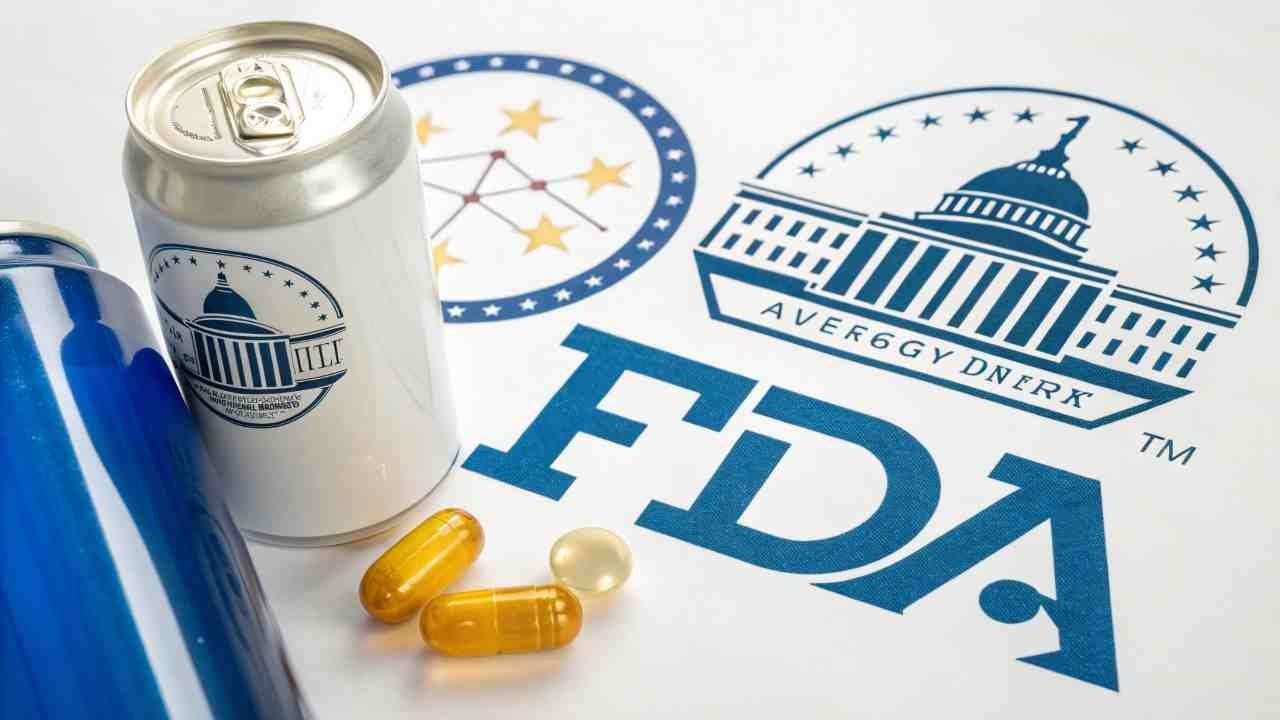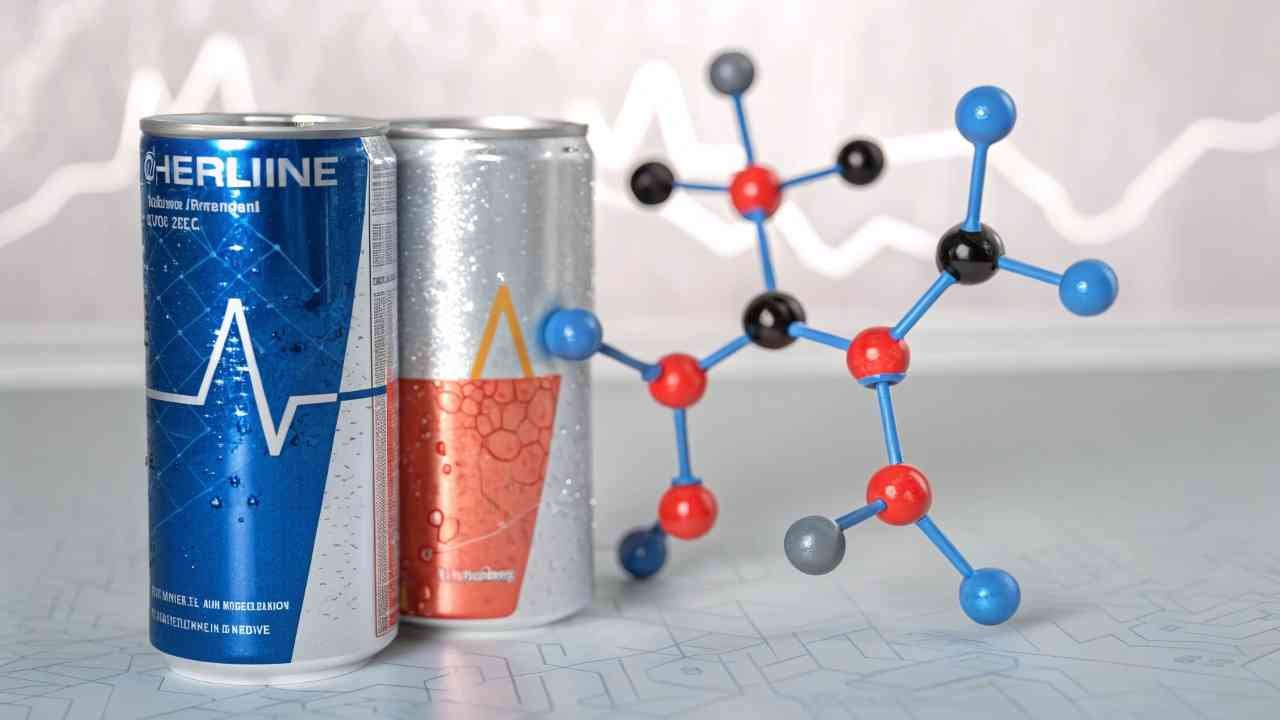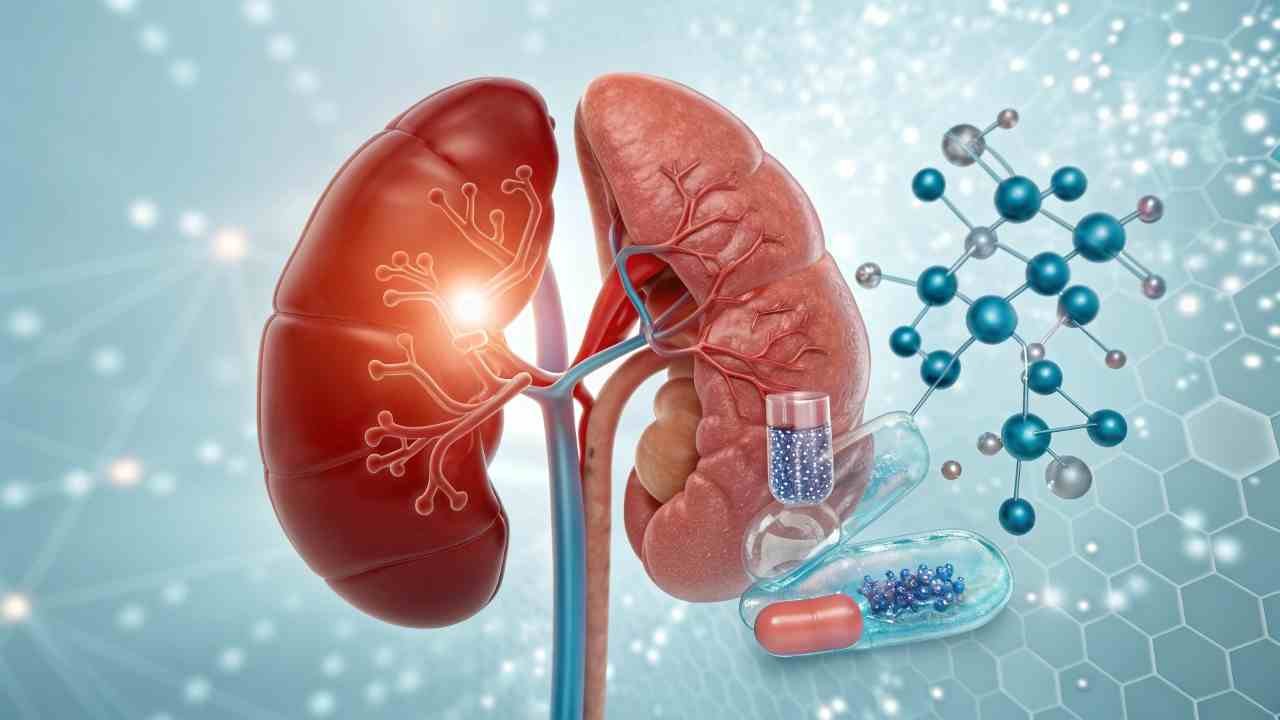Drinking energy drinks daily? Worried if the taurine is safe long-term? Let's quickly check the safety of regular taurine intake from these drinks.
Taurine, in typical amounts found in energy drinks (up to 3000 mg/day suggested safe upper limit), is generally considered safe for healthy adults. Concerns often arise from other ingredients like caffeine or sugar, or excessive overall drink consumption.
Energy drinks are everywhere, popular across regions we serve at FINETECH, from Southeast Asia to the Middle East. My clients need assurance about the safety and quality of every ingredient, including taurine. Avoiding any issues related to safety or regulation is critical for their business, just as delivering top quality is for ours. Let's break down the specific safety questions surrounding taurine in these drinks.
What Are the FDA Guidelines for Taurine Dosage in Beverages?
Need official US rules on taurine amounts in drinks? What does the FDA say? Let's check the regulations.
The FDA sets no specific taurine dosage limit for beverages. Taurine is GRAS (Generally Recognized As Safe), meaning safe use levels are expected based on science.

In the US, taurine is GRAS1. This means it's considered safe for its intended use without needing specific pre-approval for dosage levels in conventional foods/drinks. Manufacturers must ensure safe use under Good Manufacturing Practices (GMP).
While the FDA doesn't set a cap, scientific bodies like EFSA2 suggest supplemental intake up to 3,000 mg per day is likely safe for adults. Typical energy drinks (e.g., 1000 mg/can) fall within this. FINETECH provides high-purity taurine, ensuring a quality starting material.
FDA/Science View Summary:
| Aspect | Status / Guideline | Implication |
|---|---|---|
| FDA Status | GRAS | Safe use expected |
| FDA Limit | None specific for beverages | Manufacturer responsible |
| Science View | Up to ~3g/day supplemental appears safe | Typical drink levels OK |
Does Taurine Interact Negatively with Caffeine or Other Stimulants?
Do taurine and caffeine interact badly in energy drinks? Is the mix dangerous? Let's examine potential interactions.
No significant negative chemical interactions are known between taurine and caffeine. Concerns usually relate to high caffeine/sugar effects or fatigue masking, not a direct harmful taurine-caffeine reaction.

Taurine and caffeine have different roles: caffeine stimulates, while taurine is more of a modulator. Science hasn't found evidence they chemically react to become more toxic together.
Concerns usually focus on:
- Combined Effects3: High caffeine causes alertness (masking fatigue), increased heart rate/BP. Taurine doesn't seem to worsen this; some think it might slightly buffer it.
- High Stimulant Load4: Problems arise from too much caffeine itself, not necessarily the interaction.
Studies comparing caffeine alone vs. caffeine + taurine often show minimal difference in physiological effects. The risks are mainly tied to high caffeine or sugar intake.
Interaction Summary:
| Aspect | Taurine Effect | Caffeine Effect | Combined Effect Theory | Evidence Strength |
|---|---|---|---|---|
| Nervous System | Neuromodulator/Inhibitory | Stimulant | Opposing effects? Masking fatigue? | Weak / Speculative |
| Heart Rate / BP | Neutral / Slight ↓ | Increase ↑ | Driven mainly by caffeine | Moderate |
| Chemical Interaction | None known | None known | No direct harmful chemical reaction | Strong (Lack of) |
| Behavioral Risk | Low | High (via fatigue masking) | Primarily due to caffeine/situation | Moderate |
Can Excessive Taurine Intake Lead to Kidney or Liver Issues?
Could drinking lots of taurine from energy drinks harm kidneys or liver? Let's check the safety evidence for these organs.
Current evidence shows no link between typical taurine intake (up to ~3g/day) and kidney/liver damage in healthy people. Excess taurine is efficiently excreted by healthy kidneys.

For healthy individuals, consuming taurine within suggested safe limits doesn't appear harmful to the kidneys or liver.
- Kidneys: Healthy kidneys effectively filter out and excrete excess taurine in urine. Studies haven't shown damage below ~3g/day.
- Liver: Taurine is involved in liver function (bile acids) but hasn't been linked to liver toxicity at typical supplemental doses.
Concerns about organ health5 from energy drinks are more likely related to high sugar (risk of fatty liver) or potential dehydration (from caffeine), not taurine itself. People with pre-existing kidney/liver disease should be cautious with any supplements.
Organ Safety (Healthy Adults, <3g/day Taurine):
| Organ | Taurine Handling | Safety Evidence |
|---|---|---|
| Kidneys | Excreted in urine | Generally safe |
| Liver | Used for bile acids | Generally safe |
Is Taurine Safe for Pregnant Women or Children?
Are energy drinks safe for pregnant women or kids? What about the taurine content? Let's discuss safety for these groups.
Energy drinks (with taurine) are NOT recommended for pregnant women, breastfeeding mothers, or children. This is mainly due to high caffeine/sugar content, not necessarily taurine itself.

Health organizations advise against energy drink use by these vulnerable groups. The main reasons are:
- High Caffeine: Poses risks during pregnancy (low birth weight) and for child development (anxiety, sleep issues).
- High Sugar: Contributes empty calories and health risks.
- Other Ingredients: Effects often unknown or unsafe for these groups.
While baseline taurine is vital for development (present in breast milk, added to formula), the safety of high supplemental doses (like in energy drinks) during pregnancy/childhood isn't well studied. The overall risks from stimulants outweigh any potential benefits.
Recommendation Summary:
| Group | Energy Drink Recommendation | Primary Reason |
|---|---|---|
| Pregnant/Breastfeeding | Avoid | Caffeine, Sugar, Other Ingredients |
| Children/Adolescents | Avoid | Caffeine, Sugar, Unknown Effects |
How Does Taurine Affect Blood Pressure and Heart Rate?
Do energy drinks raise blood pressure because of taurine? What's taurine's effect on the heart? Let's isolate taurine's impact.
Taurine alone doesn't typically raise blood pressure (BP) or heart rate (HR); it might even slightly lower BP. Increases seen after energy drinks are primarily caused by caffeine.

Studies on taurine by itself don't show it increases BP or HR. Some suggest a neutral or slightly beneficial effect on BP.
In contrast, caffeine6 is a known stimulant that temporarily raises both BP and HR. Studies comparing energy drinks to caffeine alone find the cardiovascular effects are very similar, indicating caffeine is the main driver. Taurine doesn't appear to add to these stimulant effects.
Cardiovascular Effects Comparison:
| Ingredient | Typical Effect on Blood Pressure | Typical Effect on Heart Rate | Primary Driver in Energy Drinks? |
|---|---|---|---|
| Taurine | Neutral / Slight ↓ (?) | Neutral | No |
| Caffeine | Increase ↑ | Increase ↑ | Yes |
| Sugar (High Dose) | Indirect / Variable | Indirect / Variable | Possible minor contribution |
Conclusion
In short, taurine itself appears safe within typical energy drink levels for healthy adults. Safety concerns surrounding these beverages usually stem from high caffeine, sugar, or excessive consumption patterns.
-
Understanding GRAS is crucial for manufacturers to ensure compliance with food safety regulations and consumer safety. ↩
-
EFSA's guidelines are vital for understanding safe consumption levels of taurine, ensuring health and safety for consumers. ↩
-
Understanding the combined effects can help you make informed choices about energy drinks and supplements. ↩
-
Exploring the risks of high stimulant load can provide insights into safe consumption levels and potential health impacts. ↩
-
Understanding the impact of energy drinks on organ health can help you make informed choices about consumption. ↩
-
Understanding caffeine's impact on cardiovascular health can help you make informed choices about its consumption. ↩


